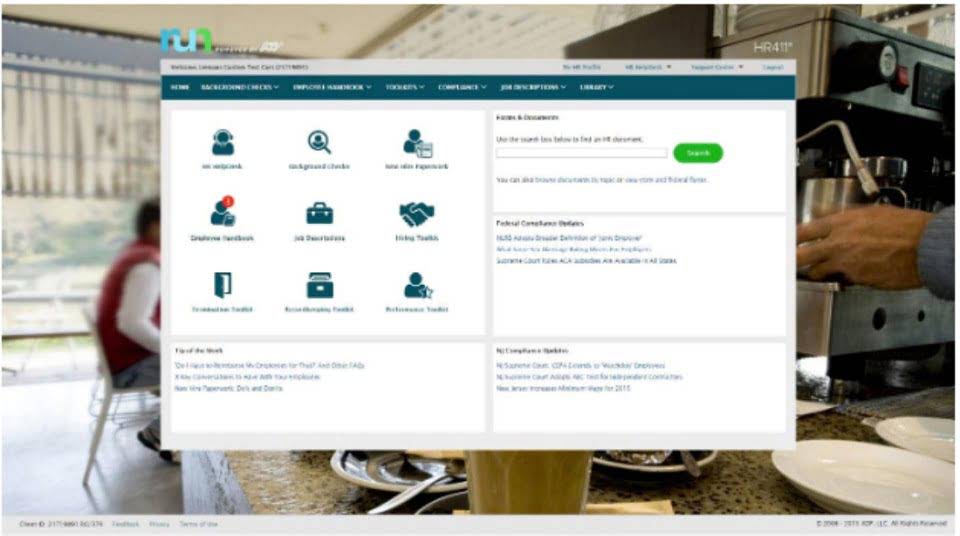
The 5013c federal government also classifies private foundations as nonprofit organizations. Because they invest some percentage of their fundraising dollars, the federal government has different rules that they must abide by to maintain their status as a nonprofit organization. Organizations that receive more than one-third of their support from gross investment income are considered private foundations. If your nonprofit is a public charity, you will want to include all the information necessary to avoid misclassification as a private foundation. Internal Revenue Code (IRC) and a specific tax category for nonprofit organizations.
- The board may vote to dissolve the organization, file dissolution papers with the state and the IRS, and select another nonprofit organization to which to transfer any assets.
- To file this form, you must first fill out the Form 1023-EZ Eligibility Worksheet in the Instructions for Form 1023 to determine your eligibility.
- As mentioned earlier, Form 1023 can be up to 100 pages long after including the required attachments, schedules, and other necessary materials.
- That’s why our SureSTART program is designed to walk you through the process—step-by-step.
Starting a Nonprofit? We Can Help!
- Donation deductibility for individuals is limited to 50% of adjusted gross income.
- These must be listed in the formation documents; otherwise, the documents will have to be amended before you can apply for tax-exempt status.
- Small entities or those with limited income can use the 1023-EZ Form if they meet the minimal requirements.
- For the first five years, the group will maintain its public charity status regardless of how much public support it actually receives.
- Along with federal tax exemptions, 501(c)(3) nonprofits usually receive exemptions from state and local sales and property taxes as well.
The organization must not be organized or operated for the benefit of private interests, and no part of a section 501(c)(3) organization’s net earnings may inure to the benefit of any private shareholder or individual. Most nonprofits don’t spend a lot of time looking at their Bylaws until there is a question or a dispute. That’s when you need bylaws that Liability Accounts are clear and unambiguous, so your questions on how to proceed are already answered.

Qualifying Entities That Can Seek 501(c)( Determination from the Internal Revenue Service

Unauthorized or improper use of this information system is prohibited and may subject you to disciplinary action, as well as civil and criminal penalties. Government and may, for the purpose of protecting the rights and property of the U.S. Government, be monitored, intercepted, recorded, read, searched, copied, or captured in any manner and disclosed or used for any lawful government purpose at any cash flow time. System personnel may give to law enforcement officials any potential evidence of crime found on U.S. USE OF THIS SYSTEM BY ANY USER, AUTHORIZED OR UNAUTHORIZED, CONSTITUTES YOUR UNDERSTANDING AND CONSENT TO THIS MONITORING, INTERCEPTION, RECORDING, READING, COPYING, OR CAPTURING AND DISCLOSURE.

Nolo’s Online Nonprofit Corporation
- The IRS has issued a long list of the types of nonprofit organizations that can qualify for 501(c) status.
- You can trust our team of professionals to provide the services you need, when you need them, so that your nonprofit is always in good standing.
- The submission fee is $600 and must be paid through Pay.gov at the time of filing.
- Completing this form can be a daunting task because of the legal and tax technicalities you’ll need to understand.
- It examines the organization’s governing structure, purpose, and planned programs to ensure the organization is formed exclusively for 501(c)(3) purposes.
- We’ve helped over 25,000 nonprofits successfully launch, and we’re ready to help you, too.
This form is called an Application for Recognition of Exemption Under Section 501(c)(3) of the Internal Revenue Code. The submission fee is $600 and must be paid through Pay.gov at the time of filing. Each state has different requirements for filing your articles of incorporation. For this reason, we advise you to seek a business formation or business incorporation lawyer at the local level for direction on how to correctly file incorporation paperwork. The IRS requires companies with early earnings of $10,000 or more to pay an $875 filing fee.

If your organization is eligible to use Form 1023-EZ, the user fee is $275 and is due at the time of filing on Pay.gov. Deciding whether to apply for 501(c)(3) or 501(c)(4) status depends on the mission of your organization and its related activities. For example, if you need to participate in political activities or lobbying, it is best to apply for 501(c)(4) status.
- As you do, narrow down which nonprofit status best accommodates your organization’s actionable mission.
- While many or all of them may seem like the perfect fit, it is best to test that fit before finalizing your decision.
- Failure to adhere to these restrictions and strictly follow the rules and guidelines set forth in the Internal Revenue Code may result in fines and loss of tax exempt status.
- The name comes from section 501(c)(3) of the IRS tax code, which defines the primary purposes of an organization that may qualify it for exemption from federal income tax liability.
- Go to the Eligibility Worksheet to see if you qualify to file Form 1023-EZ.
- If you have lost your application form or IRS determination letter, all is not lost.


Discussion about this post